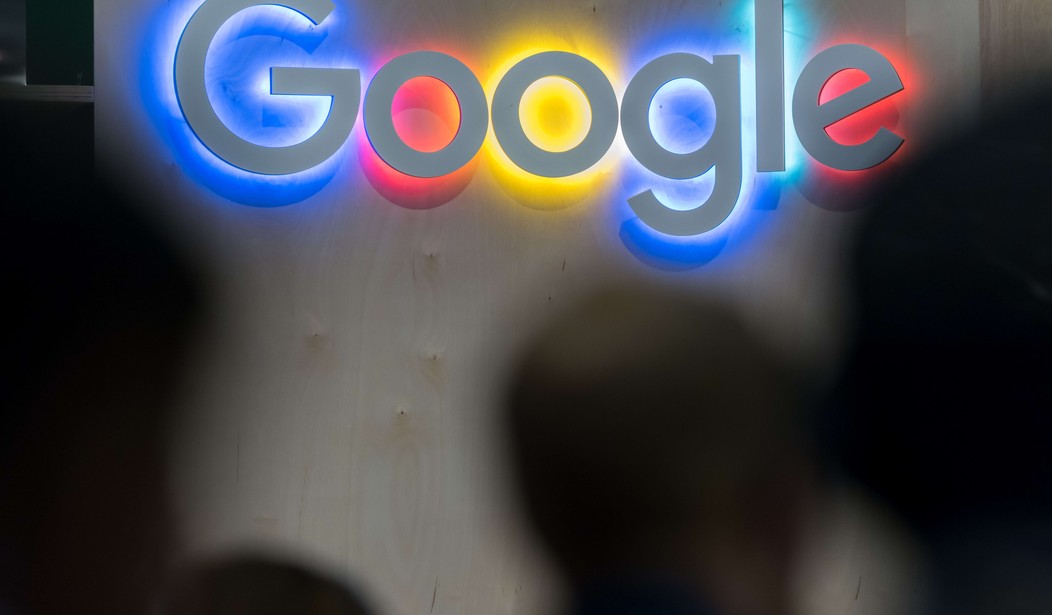On Tuesday, the conservative video nonprofit PragerU filed a new lawsuit against Google and YouTube in Santa Clara, Calif. superior court, to bring state charges against Google and YouTube in addition to the federal case currently before the Ninth Circuit Court of Appeals. Both PragerU and Google are based in California.
“YouTube was built on the backs of users like PragerU who were promised ‘give us your videos because we are a ‘public forum,’ a place where the public is invited to engage in ‘freedom of expression’ and where everyone is ‘treated equally,'” PragerU attorney Peter Obstler declared in a statement. “We expect that to be the truth.”
Obstler noted that PragerU originally filed a lawsuit with two federal claims and five state claims under California law. The Ninth Circuit dismissed the state law claims without prejudice, encouraging the nonprofit to bring them up in state law. “Today we’ve come full circle by filing a state law action, as the judge requested we do, in state court to litigate those issues there.”
This makes the PragerU lawsuit against Google and YouTube a “two-track litigation.”
In the California case, PragerU brought four separate claims against Google and YouTube: that the companies violated the free speech protections of Article 1 Section 2 of the California Constitution; that they violated the Unruh Civil Rights Act by engaging in political and viewpoint discrimination against PragerU; that they violated the state’s business code through unfair competition; and that they breached the implied terms of their contract.
YouTube has placed at least 80 PragerU videos off limits to users in restricted mode, and it has pulled ads from at least 43 videos, demonetizing them. The video nonprofit has found similar videos on similar topics which have not been restricted or demonetized. In some cases, restricted PragerU video content has been reposted by other accounts and the resulting videos have not been restricted.
“As of the date of filing of this lawsuit, Google/YouTube have provided no rational or reasonable lawful basis to restrict PragerU’s content while allowing other users or YouTube’s own content on the same topics to go unrestricted, including content that contains graphic violence, hate speech, profanity, or otherwise violates Defendants’ regulations,” the lawsuit alleges.
The clear motivation, PragerU argues, is political animus against conservative speakers. The censorship motivated by this bias harms users and gives Google an unfair advantage in business.
“Google/YouTube use these restrictions to unlawfully discriminate against users like PragerU in order to further Defendants’ ideological whims and financial interests and placate their preferred content provider partners, advertisers, senior management, and others who have an animus-based ideological or financial interest in YouTube,” the lawsuit alleges.
PragerU charges that Google and YouTube have developed “clandestine filtering tools to “effectuate this unlawful speech filtering practice.” Such tools include “A.I. ‘algorithms’ and manual review tools, that are embedded with animus-based computer code, including code that is used to identify and restrict content based on the identity, viewpoint or topic of the speaker, as well as for other anticompetitive or discriminatory purposes that are not based or have little to do with the actual content of the video.”
Furthermore, Google presents YouTube as a platform for everyone to view and upload videos. The company has described YouTube as a “public forum” in remarks before the Senate Commerce Committee. YouTube claims to operate on four principles: the freedom of expression; the freedom of information; the freedom of opportunity; and the freedom to belong, to “come together around shared interests and passions.”
Such promises of content neutrality have turned YouTube into an internet behemoth, generating an estimated $10-15 billion in revenue each year as more than 500 million hours of videos are watched on the platform each day. Each month, eight out of ten Americans aged 18 to 49 watch YouTube.
In addition to providing a platform for users to upload and watch video — and making money by attaching ads to videos — YouTube has begun producing its own content and selling content on the platform, thus entering into competition with content providers. This makes any censorship far more egregious.
PragerU bolsters its arguments of anti-conservative bias with claims that Google and YouTube have a “dysfunctional work environment” where “many employees are routinely subjected to harassment, threats, black listing, discipline, and hazing based on their political or religious viewpoints and identity.” The case of James Damore and studies showing that conservative Silicon Valley employees engage in self-censorship come to mind.
Despite its focus on conservative censorship, the lawsuit also mentions YouTube’s censorship of LGBTQ content creators, which the company worked hard to reverse. “In response to complaints from the LGBTQ community and other civil rights critics, Google/YouTube removed all restricted filtering on videos posted or produced by LGBTQ members and groups, and changed their policy, filtering algorithm, and manual review policies,” the suit noted. PragerU received no such treatment.
The lawsuit also mentions that Google and YouTube decide to restrict access to videos due to “significant pressure from governments and social interest groups around the world to remove or restrict access to content that those groups find harmful, dangerous, or offensive.”
Last month, Google CEO Sundar Pichai admitted that his company considers the far-Left Southern Poverty Law Center (SPLC) a “trusted flagger” on YouTube. The SPLC has attacked PragerU, among many other conservative and Christian groups.
Since the original lawsuit in October 2017, PragerU has picked up steam. More than 500,000 supporters have signed an online petition, and thousands have donated to the legal fund.
“We’re very optimistic we will win our federal suit based upon our case’s First Amendment merits,” PragerU CEO Marissa Streit said in a statement. “But there is reason to believe certain claims are even stronger in California.”
“Rest assured, we will not stop fighting to secure all Americans’ freedom of speech and expression online,” Streit declared.
Follow the author of this article on Twitter at @Tyler2ONeil.









Join the conversation as a VIP Member